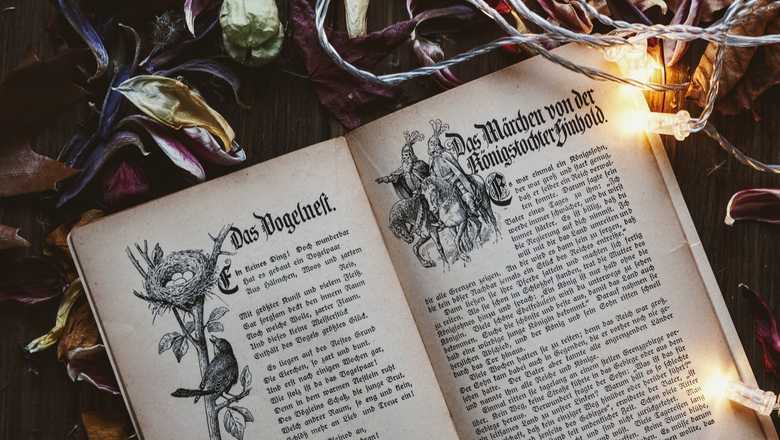It may be your book, but guess what? It isn’t your story. It’s fun to be the god of your own fictional world. But when it comes to the telling of your tale, who’s doing the telling? It isn’t you. It’s the narrator.
The narrator is a character within your book. We see the events unfold through their eyes. It’s their voice that we hear when we read the words on the page. It’s their agenda that shapes the plot and drives the story forward.
Choose your narrator carefully
The narrator is an often over-looked element of novel writing. Many writers focus on coming up with a great story (and so they should), but fail to realise the whole essence of a book will change depending on who’s telling that story.
Some examples:
- Room by Emma Donoghue is narrated by a young boy who is being held captive in a small room along with his mother. He has a unique perspective on the world, since his world has always just been a single room. If the mother were the narrator, the whole book would change.
- The Road by Cormac McCarthy has a distant omniscient third-person narrator. By not getting too close to the characters within the story, the unknown narrator stands back in shell-shocked horror, telling the story of an inconceivable apocalypse in simple one-clause sentences and monosyllabic words.
- Game of Thrones by George R. R. Martin uses several distinct narrators, each with their own chapters. This allows there to be many stories that combine to create a rich, interconnected world, without stories and characters becoming muddled.
Questions to ask yourself
So now you understand the importance of choosing the right narrator. But how do you go about choosing? Well, as the title of this post suggest, first consider whose story you’re really telling. What would their voice be like? How would their viewpoint limit the information you can reveal? Could another character offer a more convenient, interesting or meaningful view?
When it comes down to it, what are you trying to accomplish in this story? (If using multiple narrators, what are you trying to accomplish in this scene?) Which character will help you best accomplish this objective?
Answering these questions will make choosing your narrator much easier.
Choose your narrator with intent. The essence of your novel depends on it.





